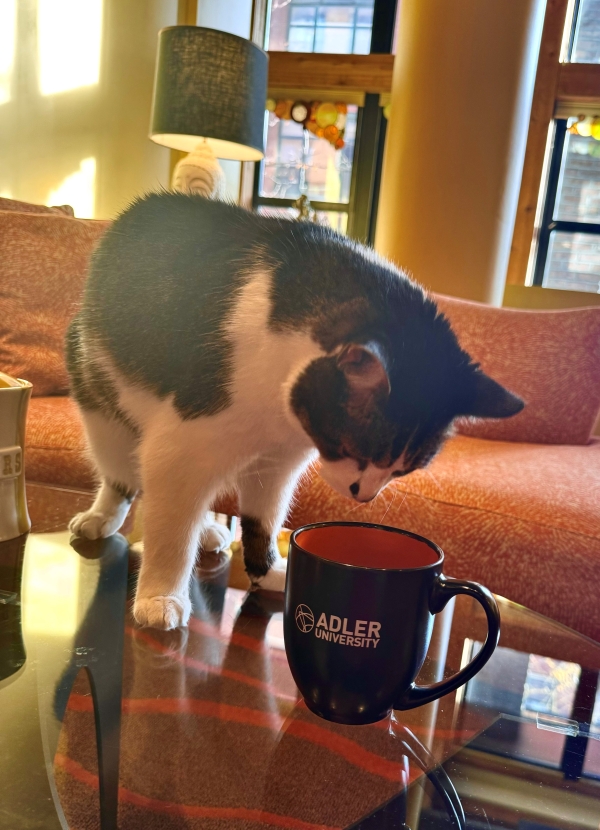If you’ve been a president and are now retired with time on your hands, expertise you feel would be useful to share, and a willingness to reflect on your successes and failures, write to me.
Or, if you are still in the job and have things you want to say to your peers, struggles you’re willing divulge, or grievances you’d like to air, get in touch.
We’ll keep your identity confidential and get your ideas and experiences out there for others to learn from, with the goal of strengthening higher ed leadership. Think of it as service to the profession. Not advice or triumphant tales, but personal stories, the things you'll say after hours in a bar to people you trust not to rat you out. Stuff you wished you'd known that you now understand.
What you should probably not do, however, is write a book-length memoir.
Many presidential memoirs get shoved down the editorial throats of the presses of the universities they ruled.
Memoirs are always a tough sell; the best are about something other than what they’re nominally about—one person’s experience.
In order for memoirs to work—which in publishing terms means “sell a whole lot more than to the author’s family”—they must have an argument. At best, a person’s looking back on their own life provides a kind of insight that is about something bigger, something universal. It can’t be just, Here are all the great things I did. Aren't I swell?
One of the things I love to say is that readers are always in it for themselves. They don't care about you; what matters is how your story reminds them of them.
University presses often have a strict policy against memoirs (and also festschrifts or festscriffen if you must be all pedantic). That’s because the readership often consists of people who already love you (or who want to take you down).
This is not to say, however, that you shouldn’t write a book.
You should—if you have an argument you want to put out into the world that hasn’t been made a bazillion times already. If you want to enter a conversation that’s been going on for a long time, you need a fresh take, not just an account of how "I only am escaped alone to tell thee."
Often those takes are useful and can be laid out in articles and essays for a particular readership. They might build into a series that can be the foundation for a book.
Low-stakes attempts are a great way to try something. In every nonfiction class I've taught for the last nearly two decades, I've given weekly "in-class" writing assignments, done on students' own time in the comfort of their home or a coffee shop. These personal essays are not graded, not discussed, but are posted for everyone to see.
I offer prompts (that students can ignore, but like most of us, they often appreciate a little direction) and one million degrees of freedom to write whatever and however they want. They just have to post them 24 hours before the next class meeting. The results are almost always better than the pieces they've long toiled on and spiffed up to be taken apart in writing workshops. They're freer, more authentic, real.
A grad student (who was taking time off from her day job teaching physics at a community college to get an MFA in creative nonfiction and who has gone on to publish a series of award-winning sexy paranormal Viking romance novels) told me that this is what computer scientists call a "sandbox." I've used that name ever since. It may be familiar to you because it defines why I chose it for this newsletter, as I explained in our welcome issue one hundred years a few months ago.
The first rule of my classroom sandbox? We don't talk about the sandbox.
It's a place to put things into the world to be read but not critiqued. A venue to start, to try, to play, to figure out stuff on the (electronic) page.
Many student pieces that started in this quick turnaround spot have gone on to publication in literary journals or newspapers (including a couple in The New York Times), or have been developed into books. Often all someone needs is permission to start working on an idea.
Sometimes, though, the writing can be an end in and of itself, a chicken soup for the soul. And sometimes, when we write about things that are hard for us, readers who've had similar experiences or feelings benefit from that broth.
Even though I have always said I write only for love or money—and preferably both—I know that no time spent doing the hard work of wrangling words is ever wasted. There are many versions of the quote about not knowing what you think until you see what you say. No matter who originated it, it's hard to deny.
When we launched this Sandbox a couple of months ago, it wasn't entirely clear what it was going to be. I love having presidents write without their leadership armor. At times, I have to remind them to doff some of it. Often, as is the case with my students, I just get blown away by what people have to contribute and all I can say is "Wow. Thank you."
So, please, take this opportunity to write with freedom from judgment. If you get fan mail, I promise to forward it along.


